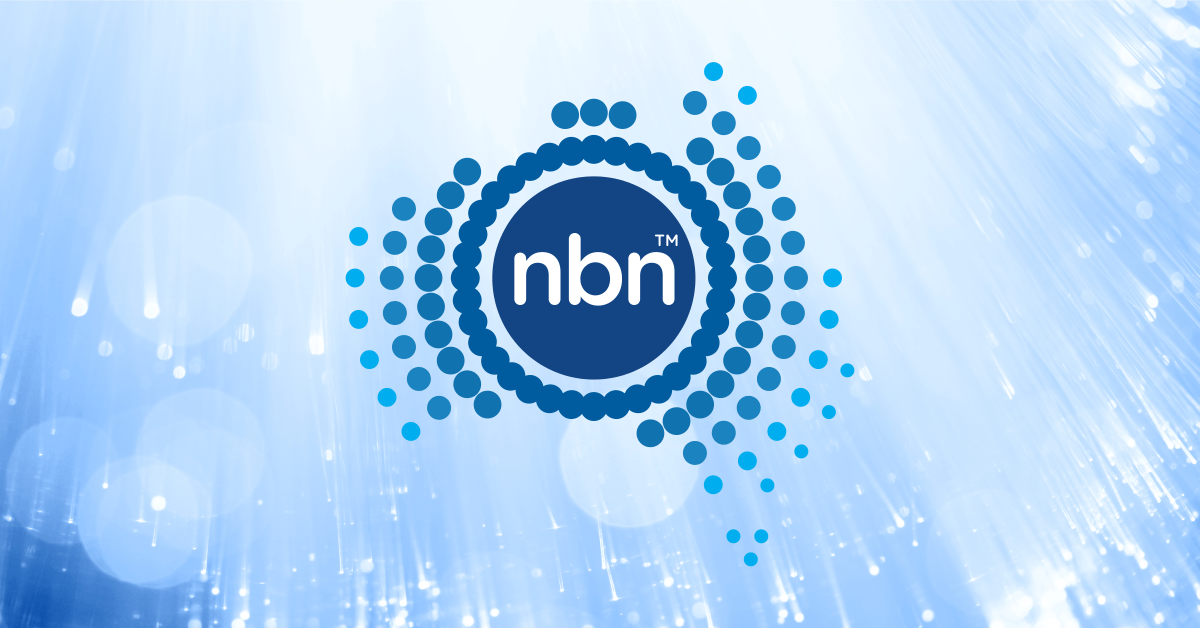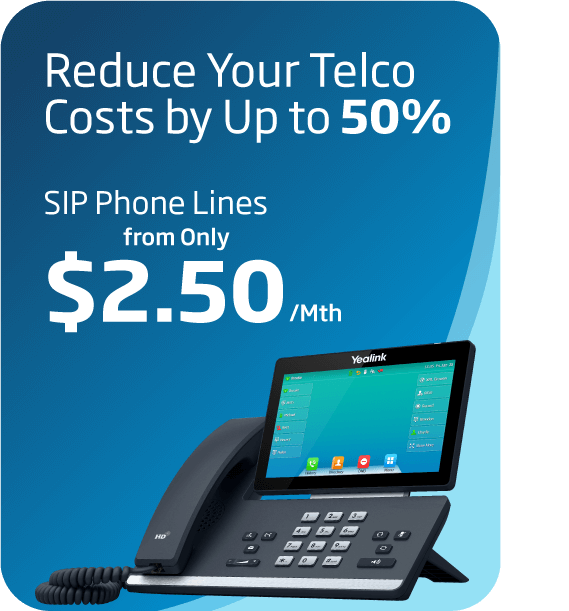Why Would a Business Need SHDSL and Why It's Better Than ADSL?
Low Cost High Speed Broadband
Until not long ago, SHDSL was mainly used by larger businesses. But things have changed in recent times. It is now a lot more affordable and offers the necessary performance for the ever increasing use of cloud based business applications.
The price difference between SHDSL and ADSL2 has also narrowed. It's now only a few hundred dollars rather than a thousand or so. And that's good news for SME businesses that have taken up cloud based services that require greater upload speeds and less bandwidth variation.
Much Larger Bandwidth
SHDSL has some significant advantages over ADSL. Firstly, it offers symmetrical bandwidth, which means that the download speed is the same as the upload speed. This is especially important for business applications like business VoIP, hosted PBX, web hosting, video conferencing and VPN connections.
The maximum that business ADSL can deliver in upload speed is generally no more than 1.5Mbps using ANNEX M, and more commonly around 0.6Mbps. In comparison, SHDSL and Mid Band Ethernet can deliver speeds of up to 80Mbps. And once installed, the speed is set and doesn't fluctuate.
Dedicated Broadband Service
SHDSL comes with 1:1 contention, which means the service is not shared with any other user and is guaranteed to deliver set upload and download speeds. A business grade ADSL connection usually has a contention ratio of 20:1, which means the service is shared with 19 other users. That causes fluctuations in speed; the more users using the service at the same time means less individual bandwidth and therefore a slower service.
1:1 contention is especially important if bandwidth is being allocated to various business applications. This is particularly true for IP telephony, hosted PBX, video conferencing, and cloud based applications like Office 365 and alike; all becoming a popular choice for SME businesses.
You May Also Like
These Related Stories

What are the Different Types of Business Broadband Services?

Key Differences Between Residential and Business Broadband







